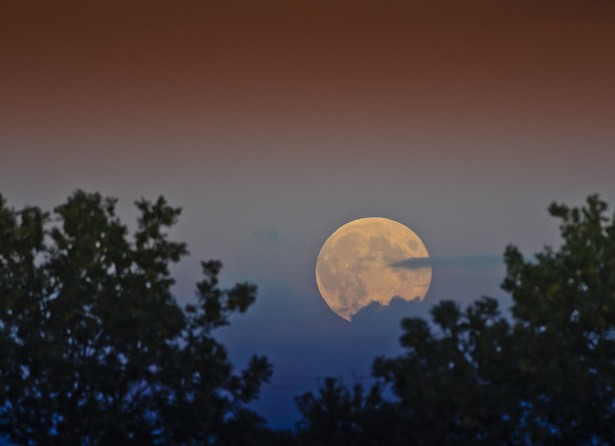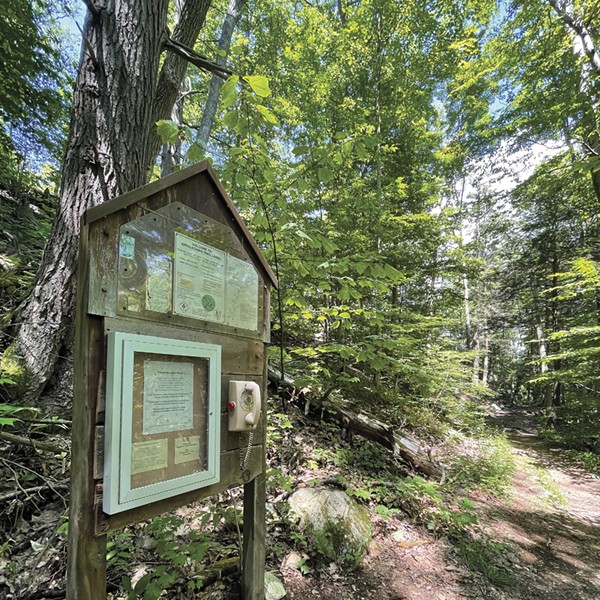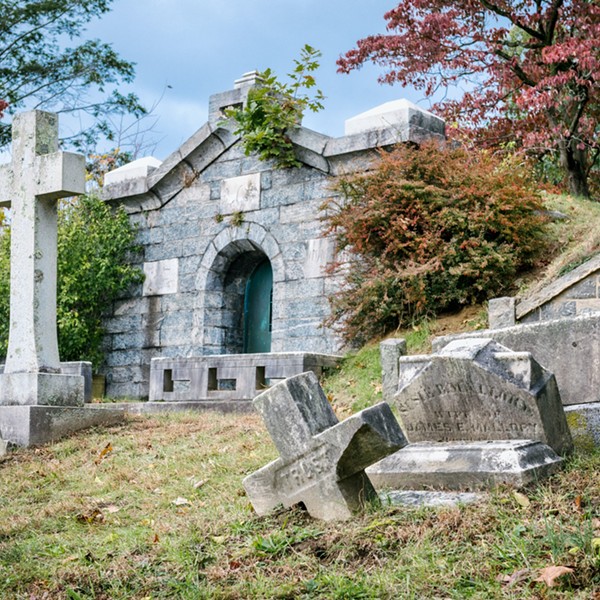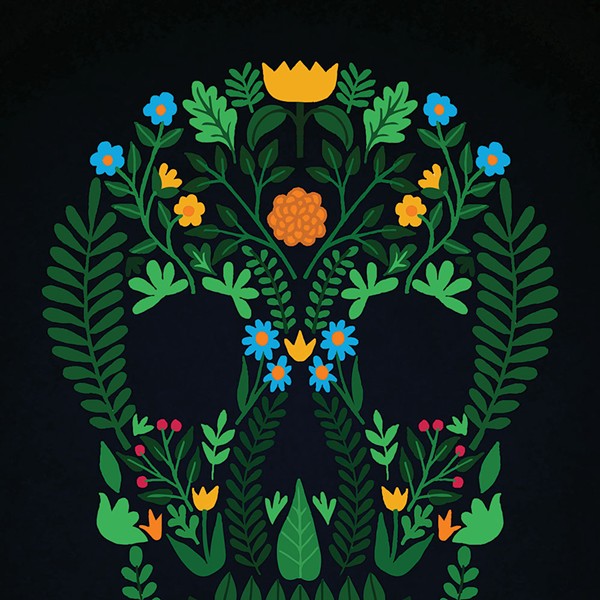Ask yourself who will be in difficulty if you die like a dog. At the moment of death, you have to be wholly aware of yourself and feel that you have done everything possible to use all, within your abilities, in this life which was given to you.
—G. I. Gurdjieff
The consideration of death has been much in the air of late. One’s inevitable demise, as well as the inexorable destruction of everyone we know, is always an ever-present specter. Nevertheless, the presence of the reaper seems to have greater force in the collective psyche in recent times.
I recently received an instructive impression of one who prepares and dies well when my father-in-law passed in August at the conclusion of a long neurodegenerative illness. His inner life remained strong and coherent while his body was gradually deprived of powers of movement. He had several years to prepare for his death in earnest, and he made good use of the time.
Unable to move out of his bed, the man spent long hours in meditation, a regular practice begun in his youth. He received many visitors, and before he lost the power of speech, recounted anecdotes from his life. The listeners heard his accounts as teaching stories and set about gathering them into a book*. They became something like devotees sitting at the feet of the master, as fulfilled being together in silence as hearing his yarns and teachings.
Though some in his circle pitied him for the difficult ordeal of his long illness, he did not pity himself. He accepted his circumstances. Instead of complaining he seemed to embrace his condition as a practice, a sadhana. In the process, he appeared to pass through a metamorphosis. His being went from opaque, to translucent, and in the final days when he could no longer speak or even open his eyes (but was clearly present and aware), he became radiant and died with grace.
The sense in the current atmosphere is that death is nearby, like a harvest moon in which the celestial queen appears brighter and closer than usual. For me, this awareness invites inquiry. Am I anxious about death? How do I prepare to die? What am I attached to that needs letting go? What remains to do, to resolve and reconcile? Do I know how to die, and if not, how can I learn to die well?
Inquiring into myself I see a vain hope that my end can somehow be avoided, or at least forestalled. Impelled by anxiety I seek myriad forms of insurance against potential threats. I worry and fret and in the process forget that, for now, I am embodied, alive.
The image of the preparation and death of my father-in-law is a potent foil to anxiety about my health and inevitable demise. He showed how to live as he prepared and died. Once accepting his inevitable suffering and death, he shed self-involvement, self-concern, and gave his full attention to his inner life and to those that came to sit with him.
Seeing that death is neither distant nor avoidable, I understand that my primary aim must be to die well, that the means by which I could learn to die are precisely the means by which I might learn to live. This realization impels a continuous inventory of object relations, seeing those beliefs, habits, experiences, things, and people to which I am attached and would have difficulty letting go. I see that upon that final exhalation at the moment of death I must be ready to let go of everything.;
To let go, I have to be fully engaged with all my attention. Paradoxically, a chosen commitment to presence is the antidote to unconscious clinging. Sensing, feeling, knowing my existence in each moment little by little absorbs the attention that would go to the fiction of me, my attachments, to my self-importance and self-concern. This presence allows for meaningful service to others, to metabolize not only my own suffering, but that of my fellow human beings, to broadcast positive emanations in preparation for a return to the source.
* I Don’t Know. I Love: A few entries from the log of a human voyage, by Michael Maruti Projansky, Monkfish, 2020

















